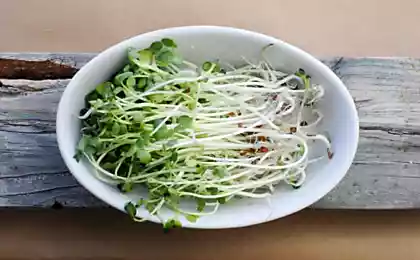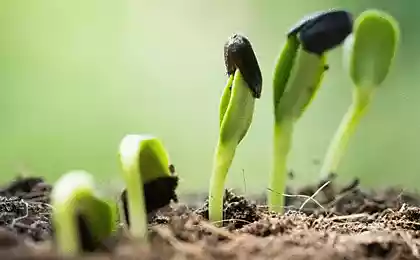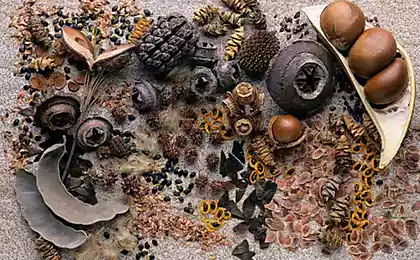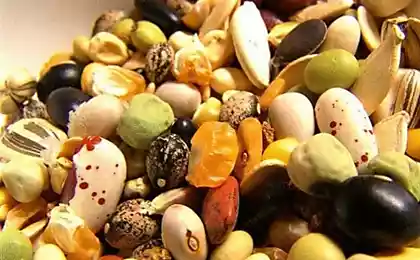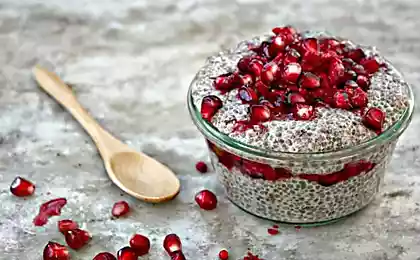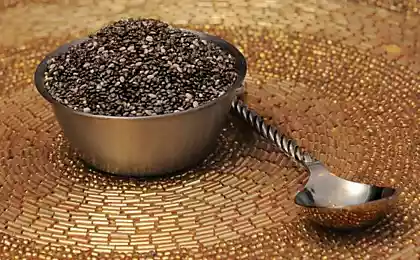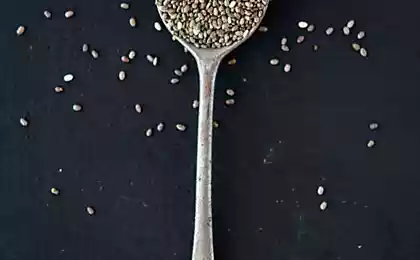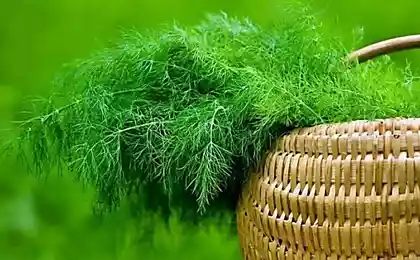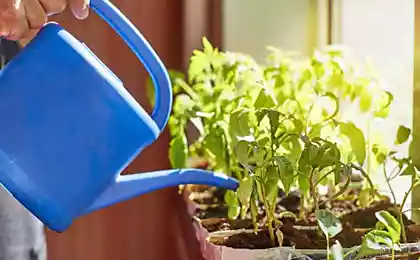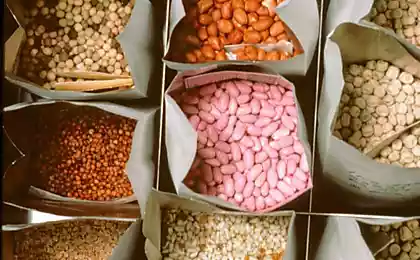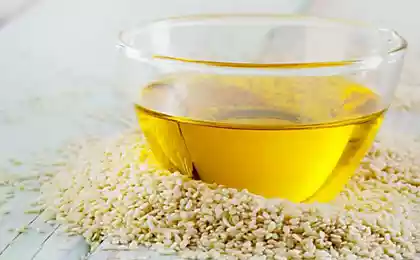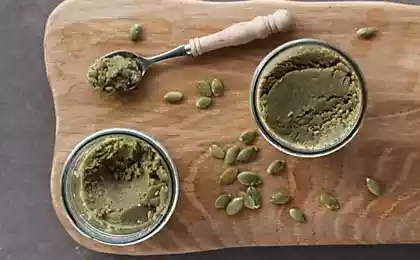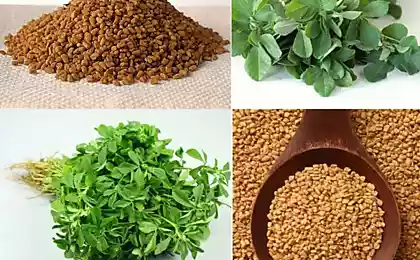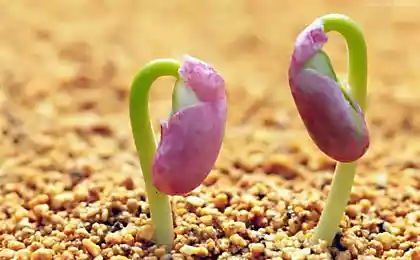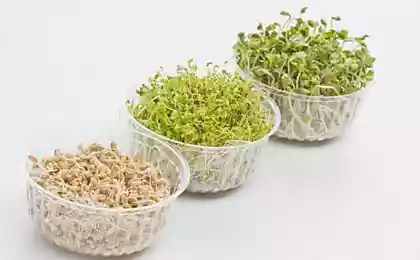264
How to Approach Seed Sprouting in detail
Sprouted seeds And grains are not for nothing called the most useful food, live food and the elixir of life. A unique source of essential vitamins and microelements! Water awakens the seeds, and the young sprouts accumulate the greatest concentration of nutrients.
And the main advantage is healing green Available at any time of the year! Heal, rejuvenate all organs, cleanse the body at the cellular level, destroy tumors and establish metabolism.
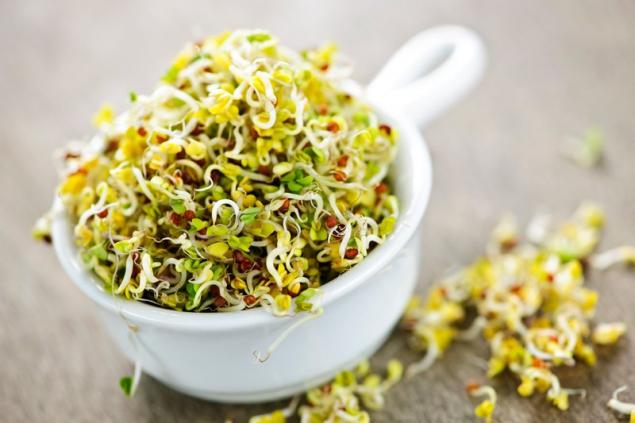
Sprouting at home sprouts and microgreens is not a newfangled fiction, but a vital necessity. Recent research in the field of nutrition proves that greenbuckwheat It cleanses the liver, lentils raise hemoglobin, sunflowers strengthen the heart, and wheatgrass reduces the growth of cancer cells by 75%. The other seeds and grains are no less useful.
Today. "So Simple." He will tell you which plants are most useful and why. germination A necessity for those who care about their health.
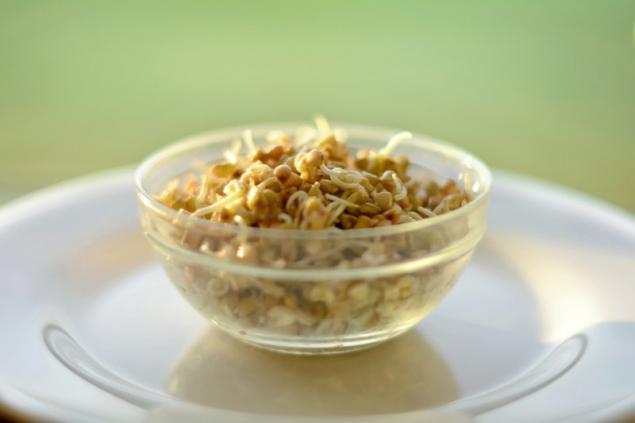
sprout independently you can do anything: wheat and other cereals, green (unroasted) buckwheat, lentils, mash, peas, chickpeas and other legumes, alfalfa, sunflower seeds, greens (radis, basil, parsley).
Benefits of sprouts
The shelf life of sprouts is only a couple of days, so it is better to sprout a little, just as much as you can eat. For germination, you will need a plate or can, a bag, a sieve (ideal option) or a special grain germinator (sprouter).
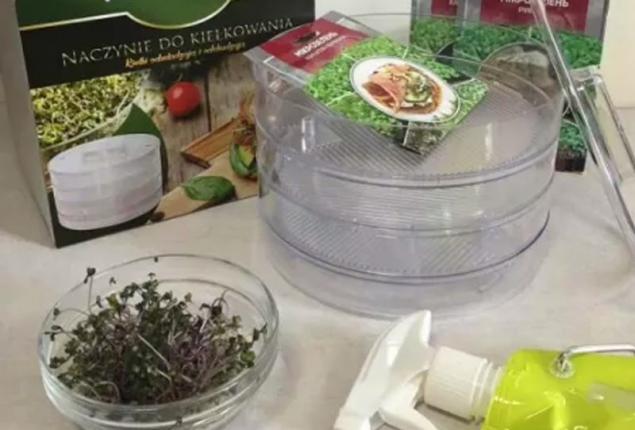
With the latter, you can not bother, for one or two portions of sprouts enough improvised funds. A fishing container for bait, a plastic bottle with holes and even a cat tray (new, of course). No kidding, but fashionable and expensive sprouters have a similar design.
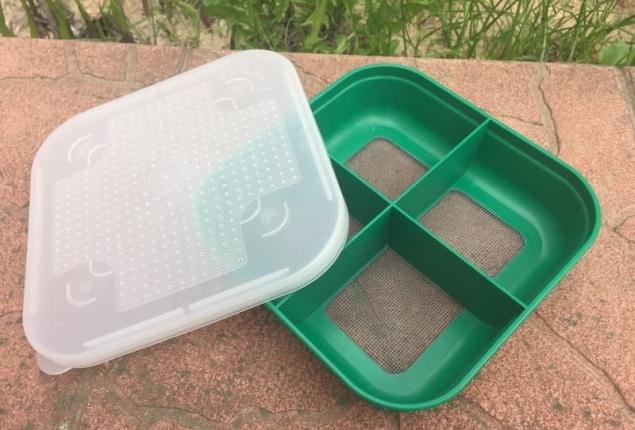
How to germinate seeds
Our health depends on what we eat. If you use sprouts regularly, you will soon notice that your health has strengthened and you have become less sick.
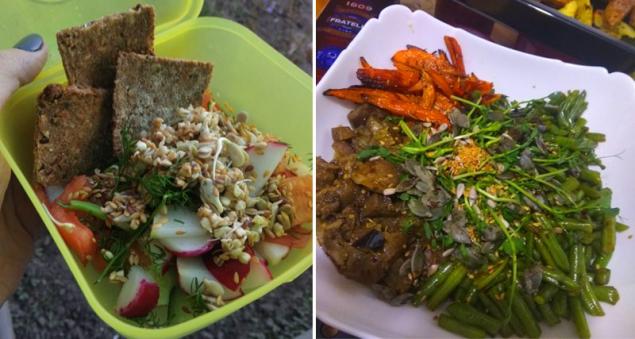
Sprouted seeds and grains are very good for health. They were eaten 5,000 years ago. This food has unique healing properties.
Did you like the article? Share it with your friends!
And the main advantage is healing green Available at any time of the year! Heal, rejuvenate all organs, cleanse the body at the cellular level, destroy tumors and establish metabolism.

Sprouting at home sprouts and microgreens is not a newfangled fiction, but a vital necessity. Recent research in the field of nutrition proves that greenbuckwheat It cleanses the liver, lentils raise hemoglobin, sunflowers strengthen the heart, and wheatgrass reduces the growth of cancer cells by 75%. The other seeds and grains are no less useful.
Today. "So Simple." He will tell you which plants are most useful and why. germination A necessity for those who care about their health.

sprout independently you can do anything: wheat and other cereals, green (unroasted) buckwheat, lentils, mash, peas, chickpeas and other legumes, alfalfa, sunflower seeds, greens (radis, basil, parsley).
Benefits of sprouts
- Wheat
Contains calcium, potassium, chromium, copper, silicon, selenium, zinc, iron, iodine, vitamins B5, E, C, D, P, folic acid. Compensates for vitamin and mineral deficiency, improves mental activity, strengthens the heart, regulates the work of the intestine and stomach, improves the condition of the skin.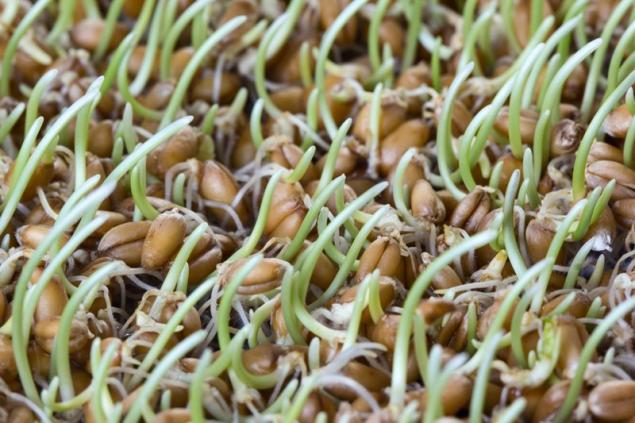
Wheat for sprouting Any is suitable, but it is better if it is organic grain of hard varieties. - Buckwheat.
It has the highest nutritional value compared to the proteins of other grains. 100 g of buckwheat contains the daily norm of essential amino acids. As well as B vitamins (B1, B2, B3, B6), vitamin E, magnesium, potassium and phagopyrin, which increases the sensitivity of cells to insulin and helps prevent diabetes.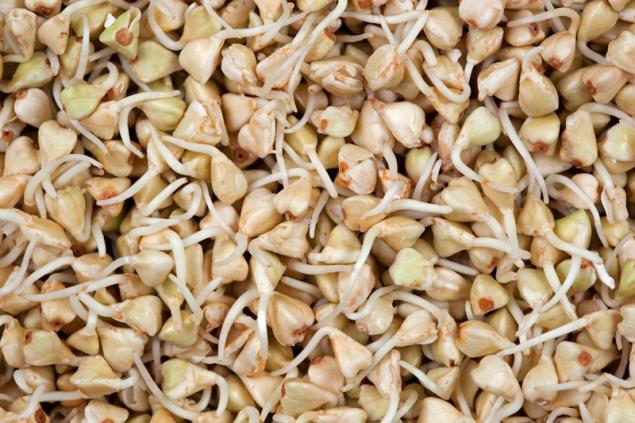
Green buckwheat sprouts strengthen the walls of blood vessels, cleanse the liver and intestines, normalize metabolism, remove toxins from the body and reduce cholesterol. - Lentils
Young lentil sprouts increase hemoglobin. They contain a lot of potassium, so sprouts are recommended for heart disease and diseases of the nervous system. In addition, lentil sprouts improve metabolism.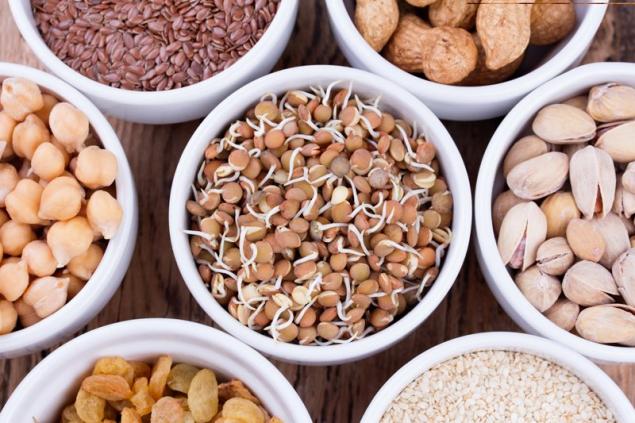
- Sesame
Sprouted sesame They are rich not only in calcium, but also contribute to the rejuvenation of the body. Strengthen bone tissue, contain potassium, phosphorus, magnesium, iron, zinc, vitamins B1, B2, B3. And the amount of vitamin C increases when germination by 15 times! - Sunflower seeds
Used for the prevention of a heart attack and the treatment of peptic ulcer of the stomach and duodenum in remission, atherosclerosis.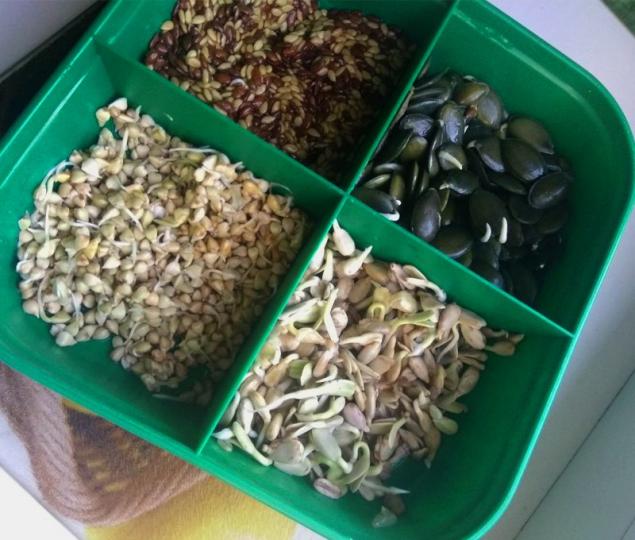
Young sprouts strengthen the nervous system, improve vision and skin condition. Contain vegetable proteins, vitamins D, F, folic acid, zinc. They are a rich source of vitamin E. - soya
Soybean sprouts contain a lot of fiber and essential amino acids. Also vitamins C, E, D, B vitamins, plant proteins and pectins that slow down the development oncology. - Mash.
Young mash sprouts are rich in potassium, iron, vitamin C and amino acids. Normalize metabolism and are recommended for the prevention of acute respiratory infections and influenza.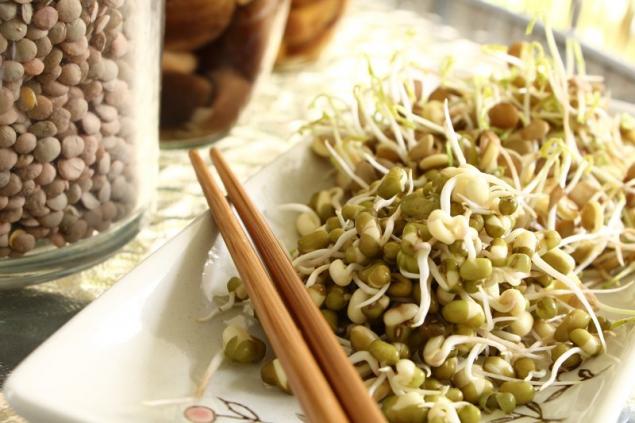
- Peas
Sprouted peas contain vegetable insulin (inulin) and contribute to low-sugar. Normalizes the work of the gastrointestinal tract, promotes the removal of toxins and helps with constipation. Rejuvenates the body, promotes the growth and regeneration of cells, having antitumor activity. Peas are an excellent plant for growing microgreens. Young shoots of peas are very tasty and perfectly combined with any vegetables.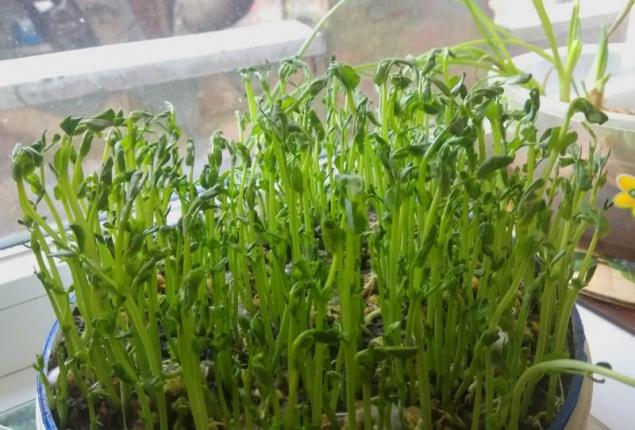
The shelf life of sprouts is only a couple of days, so it is better to sprout a little, just as much as you can eat. For germination, you will need a plate or can, a bag, a sieve (ideal option) or a special grain germinator (sprouter).

With the latter, you can not bother, for one or two portions of sprouts enough improvised funds. A fishing container for bait, a plastic bottle with holes and even a cat tray (new, of course). No kidding, but fashionable and expensive sprouters have a similar design.

How to germinate seeds
- Wash the seeds or grains under running water and soak in warm water for 3-12 hours.
- Very small seeds (lettuce, greens, alfalfa, onions, mustard) are better flat-plate. Place a fabric that absorbs water well (gauze, cotton), plentifully moisten with water and mound the seeds. Cover the second layer of fabric. The fabric should always be wet, but not wet.
- The bank sprouts like this.: pour washed seeds so that they cover the bottom, but not more than 2 cm, and pour water. Cover the jar hole with gauze and secure it with a rubber band. Pour the water and put the inverted jar in a deep plate. There will be plenty of water and the seeds will not be lost.
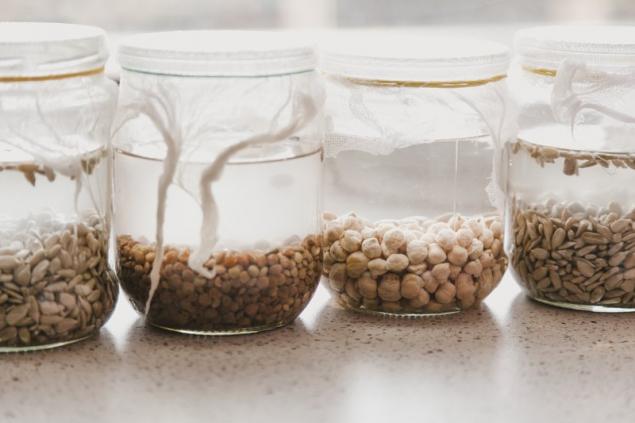
- Easy. sieve. Pour the grain in a sieve, wash under running water and put the sieve in a container into which water will drain.
- Sprouters can be made with their own hands. from a plastic bottle, two trays with a lid or plates. It is desirable that the trays were from one set, where one tray is smaller than the other in volume. In a smaller tray, you need to make holes with a hot knife (through them moisture will flow to the seeds).
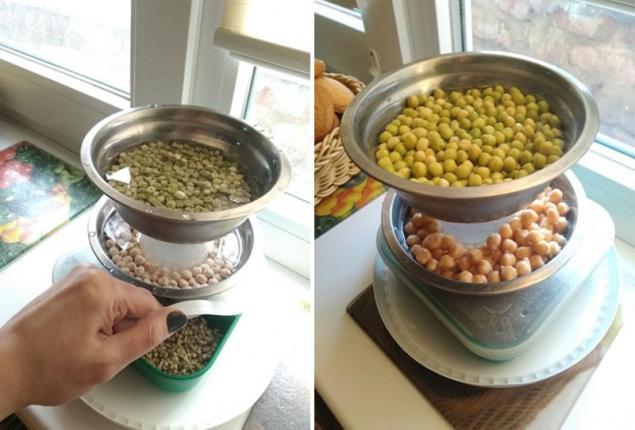
Put two small pebbles in a larger tray or any other container with water, and on top - a smaller (leaky) tray with seeds. The excess water will drain and the seeds will not rot. - The seeds are germinated in a warm place, away from direct sunlight. The top layer of grains should not be completely covered with water.
- Twice a day wash the seeds, pour water. Depending on the type of plants, sprouts appear on 2-7 days.
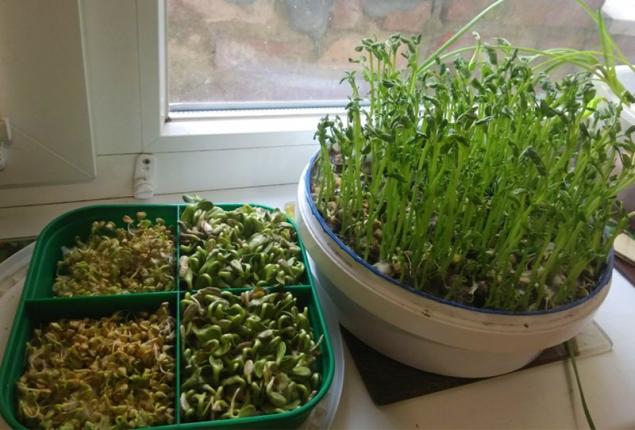
- Eat the sprouts fresh, without heat treatment. One portion is enough for a day, it is about 50-100 g of sprouts.
- If the seeds do not germinate for a long time, then it was too cold, little moisture or, conversely, a lot, and the seeds became moldy.
- If you want to grow young shoots (microgreen), every 4-8 hours, depending on the type of plants, humidify the seeds by washing under running water. Mash, radish, mustard grow to 4 cm in 5 days. Wheat, peas per week grow to 14 cm.
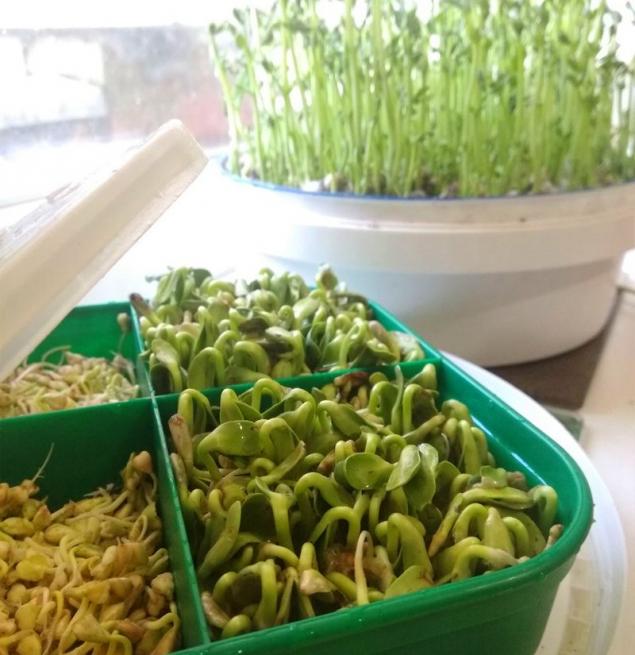
Our health depends on what we eat. If you use sprouts regularly, you will soon notice that your health has strengthened and you have become less sick.

Sprouted seeds and grains are very good for health. They were eaten 5,000 years ago. This food has unique healing properties.
Did you like the article? Share it with your friends!











